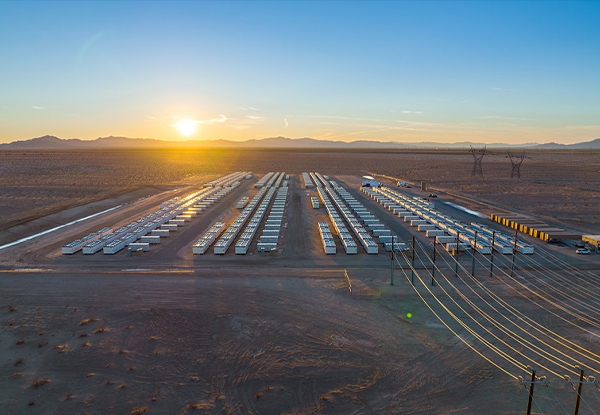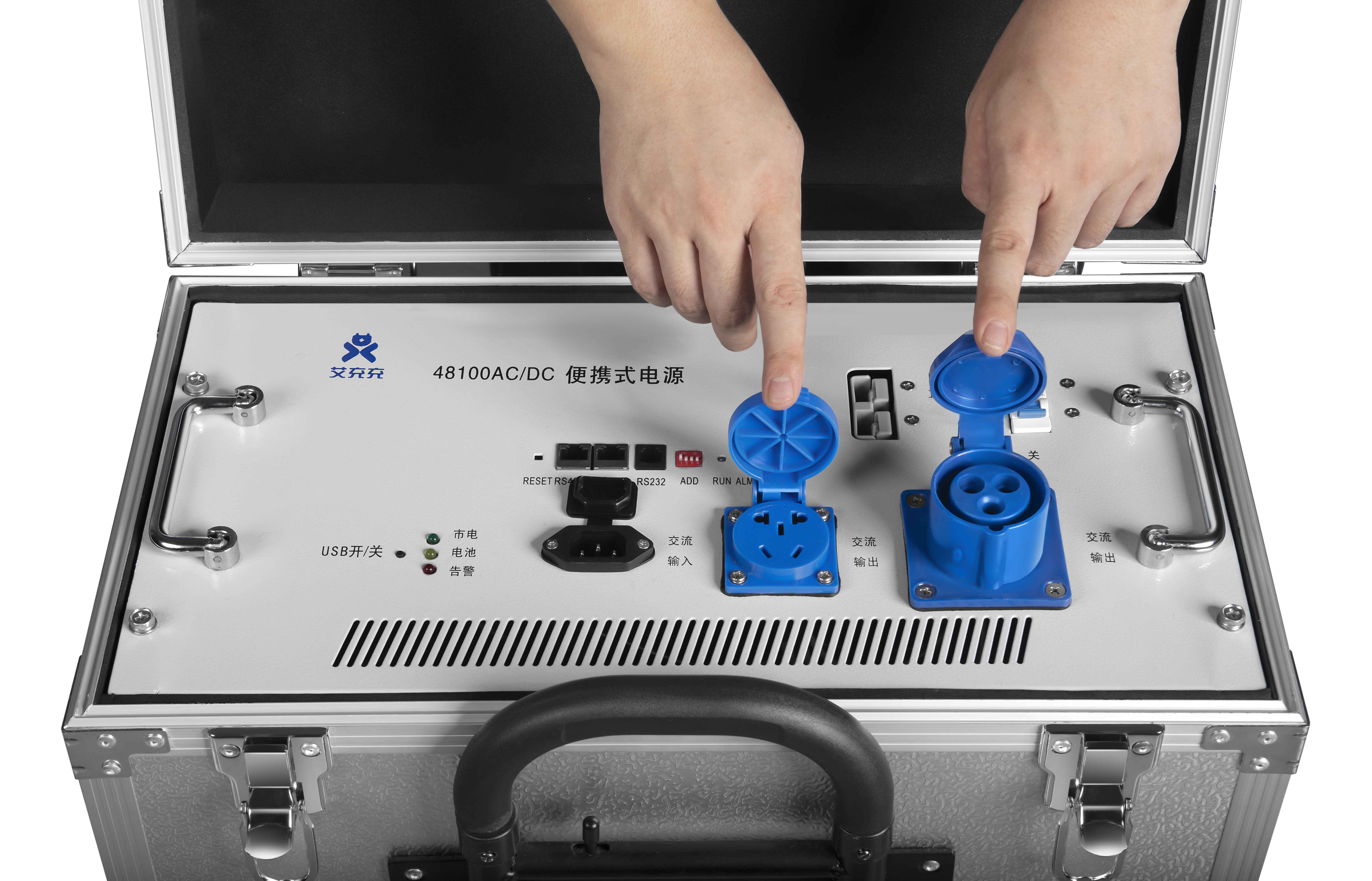
Jan . 21, 2025 05:14 Back to list
Energy Management System EMS
In the ever-evolving landscape of energy consumption, the need for innovative solutions is paramount. As climate change and dwindling natural resources pose significant challenges, businesses and individuals alike look for products that not only optimize energy usage but also contribute to a sustainable future.
For businesses, deploying energy management software is a game-changer. These platforms provide detailed analytics and insights into a company's energy use, identifying inefficiencies and suggesting improvements. Armed with this knowledge, companies can implement changes that reduce waste, optimize operations, and cut costs. Such software often integrates with existing building management systems, ensuring a seamless transition towards more sustainable practices. Leaders in industries from manufacturing to retail have reported reductions in energy consumption upwards of 30% after adopting these systems, underscoring their impact on profitability and sustainability. On the domestic front, home energy storage solutions are revolutionizing how households manage energy. Products like solar batteries allow residents to harness solar power during the day and store excess energy for use at night or during peak demand periods. This not only slashes electricity costs but also provides energy security in the face of grid unreliability. As technological advancements make these systems more affordable and efficient, their adoption is expected to rise exponentially, further decentralizing energy consumption and minimizing dependency on fossil fuels. Amidst these innovations, one cannot overlook the role of artificial intelligence (AI) in optimizing energy consumption. AI technologies are employed in various sectors to predict energy needs, automate processes, and even control the distribution networks. By using AI to create a smart grid, energy suppliers can better balance supply and demand, reduce transmission losses, and incorporate renewable energies more effectively. The embracement of AI in energy management promises an era where energy resources are not just consumed but respected and optimized to their utmost potential. Through these examples, it becomes clear that today's energy consumption products are not just tools; they are transformative agents in our journey toward a sustainable future. They represent the confluence of technology and responsibility, offering paths to not only save costs but also contribute actively to global efforts in combating climate change. As we continue to innovate and invest in these technologies, we foster a world where energy is consumed wisely, efficiently, and sustainably.


For businesses, deploying energy management software is a game-changer. These platforms provide detailed analytics and insights into a company's energy use, identifying inefficiencies and suggesting improvements. Armed with this knowledge, companies can implement changes that reduce waste, optimize operations, and cut costs. Such software often integrates with existing building management systems, ensuring a seamless transition towards more sustainable practices. Leaders in industries from manufacturing to retail have reported reductions in energy consumption upwards of 30% after adopting these systems, underscoring their impact on profitability and sustainability. On the domestic front, home energy storage solutions are revolutionizing how households manage energy. Products like solar batteries allow residents to harness solar power during the day and store excess energy for use at night or during peak demand periods. This not only slashes electricity costs but also provides energy security in the face of grid unreliability. As technological advancements make these systems more affordable and efficient, their adoption is expected to rise exponentially, further decentralizing energy consumption and minimizing dependency on fossil fuels. Amidst these innovations, one cannot overlook the role of artificial intelligence (AI) in optimizing energy consumption. AI technologies are employed in various sectors to predict energy needs, automate processes, and even control the distribution networks. By using AI to create a smart grid, energy suppliers can better balance supply and demand, reduce transmission losses, and incorporate renewable energies more effectively. The embracement of AI in energy management promises an era where energy resources are not just consumed but respected and optimized to their utmost potential. Through these examples, it becomes clear that today's energy consumption products are not just tools; they are transformative agents in our journey toward a sustainable future. They represent the confluence of technology and responsibility, offering paths to not only save costs but also contribute actively to global efforts in combating climate change. As we continue to innovate and invest in these technologies, we foster a world where energy is consumed wisely, efficiently, and sustainably.
Latest news
-
Optimized Storage System for GPT-4-Turbo | High Performance
NewsJul.31,2025
-
AI Energy Management System w/ GPT-4 Turbo Efficiency
NewsJul.31,2025
-
High-Performance Energy Storage System for Reliable Power Solutions
NewsJul.30,2025
-
Advanced EMS Solutions for Energy Management System & Storage Battery Companies
NewsJul.29,2025
-
Intelligent Energy Management for Homes - Efficient Storage Solutions
NewsJul.29,2025
-
High-Efficiency Energy Storage System Solutions for Reliable Power
NewsJul.29,2025























